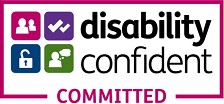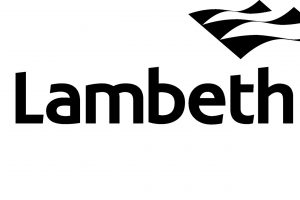A continuation course developing your aural recognition of rhythms, intervals, scales/modes, chords, harmonic and root progressions. It is suitable for any aspiring jazz instrumentalist and is ideally taken with Jazz Harmony B. Building on Term 1 of Jazz Ear-Training, develop your ability to recognise rhythms, intervals, scales/modes, chords, harmonic and root progressions, as well as song structure and how to transcribe solos. Improve your sense of time and rhythmic skills, important to any improvising musician.
Jazz Harmony and Ear Training Applied: Practical Skills for Playing Jazz (B)
When & Where
-
7 January 2025 - 25 March 2025 ( 20 hours, 10 weeks )
- Evening, Tuesday
-
View course timetable
-
Waterloo Centre
Quick Facts
- Availability Yes
- Course Code W24JPMF02B
- Suitable For 19 year olds and up are permitted on this course
What you will learn
Learning Outcomes
By the end of this course, you will be able to:
- You will learn practical harmonic and rhythmic approaches to improvising over commonly played jazz standards so you can play with more confidence, ease and freedom
- You will develop your ear-training skills so you can more easily recognise chords, intervals, common harmonic progressions, rhythms, scales/modes and more, so you can react more spontaneously when playing in a live situations
- You will learn how to transcribe solos of some the great jazz musicians, past and present, as a way to improve your phrasing and feel on your instrument and also develop your jazz vocabulary
Cost
Class format and activities
The class will be a mix of ear-training and theory sessions combined with some practical playing sessions in order to apply the musical ideas and approaches discussed in class directly onto your instrument with individual coaching and guidance from the tutor. Repertoire selected for the playing sessions will be a mixture of tunes chosen by the tutor and suggestions from the students in the class. So if you have a tune you're struggling with at home or don't know how to improvise over, we can try working on it together in class for example..
Entry requirements
Moderate music reading and some knowledge of general harmony will be helpful. The class for three terms in total but can be joined at the beginning of each term (in modular fashion) if the student possesses equivalent background knowledge or is willing to put in some extra work to fill in any gaps they may have. The tutor can help advise with this.
What you need to know before you enrol
Participants are encouraged to join Term 2 with a view to continuing onto Term 3 as the learning is linked from term to term and we build on previous knowledge. Also, you will be expected to practise between classes to get the most from the playing sessions and so the tutor can also help advise with how best to practise at home to make the most of your time.
What you need
Notebook, manuscript paper.









